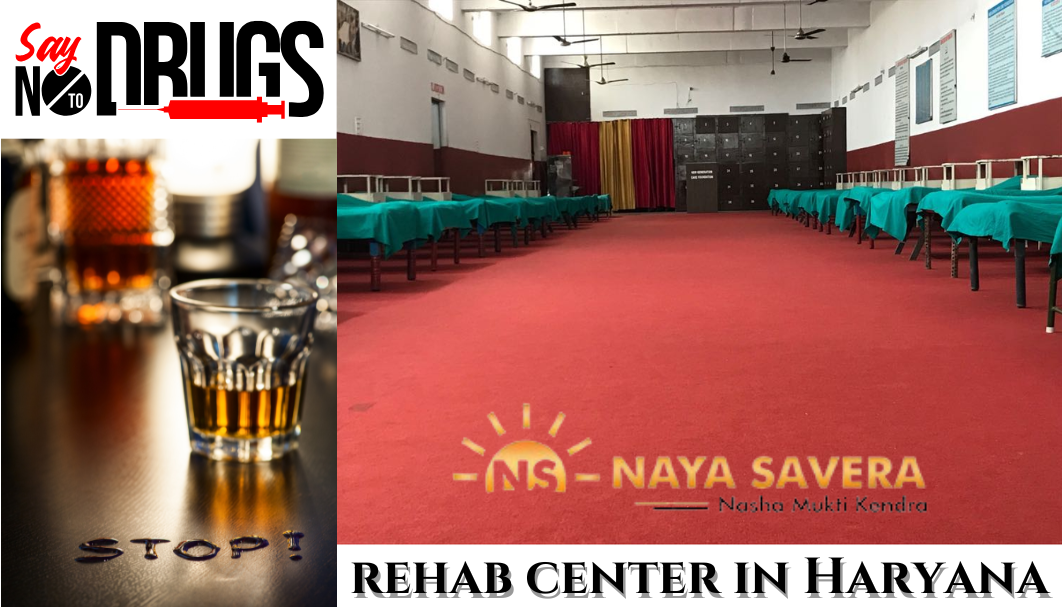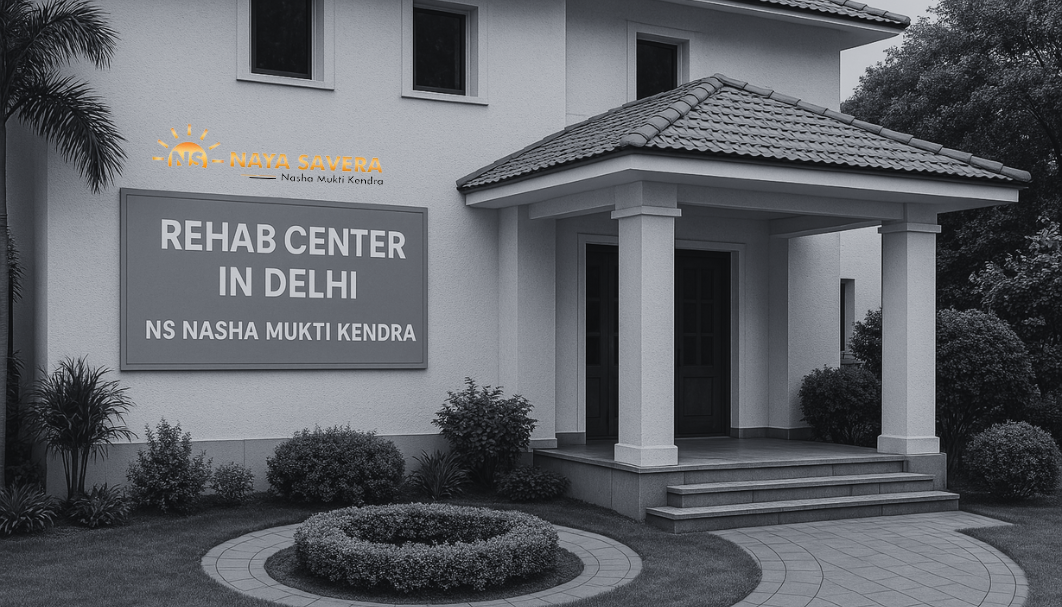Treatment Options in Residential Rehabilitation and Who Needs Them
Residential rehabilitation centers, such as NS Nasha Mukti Kendra in Haryana, give a proper treatment to non-continuing abusers. They provide therapeutics, counseling, and medical backing to help the patient get their lives back on track. These programs are suitable for individuals who are severely addicted, those who tend to relapse, or need a stable, no-medicine environment for recovery....
One of the most important things a residential rehabilitation center does is it helps individuals to recover from substance abuse, mental health issues, and behavioral disorders. NS Nasha Mukti Kendra is a company that is respected in Haryana for being a top rehab center which is devoted to the full treatment of addiction and related disorders. But does anyone Who actually needs residential rehab, and what treatment options are available? This article will try to answer these questions and also show you some of the recovery methods you can use.
Who Needs Residential Rehabilitation?
Residential rehabilitation is a treatment service that is offered to people with severe mental health issues as well as chemical abuse issues that necessitate stringent, immersive treatment. The following list of people is suitable for residential rehab:
1. Chronic Substance Abusers:
. Those who have been addicted to medicine or drink for an extended period.
. Individuals who have tried outpatient programs but relapsed.
2. People with Co-occurring Mental Health Disorders:
. Those suffering from anxiety, depression, PTSD, or bipolar disorder along with substance abuse.
. Individuals who require dual diagnosis treatment.
3. Individuals with a History of Relapse:
. Those who have previously attempted recovery but returned to substance use.
. Patients needing a stricter, monitored environment to prevent relapse.
4. People in Need of a Supportive Community:
. Those without a strong support system at home.
. Individuals whose family or social environment may contribute to substance abuse.
5. High-Risk Patients:
. People at risk of self-harm or engaging in harmful behaviors.
. Those experiencing extreme withdrawal symptoms that require medical supervision.
Treatment Options in Residential Rehabilitation
Such as NS Nasha Mukti Kendra, a residential rehab center in Haryana providing a multitude of therapies which are personalized to suit each client. By receiving these types of therapies, patients can recover along with the proper way to keep sober for the rest of their lives.
1. Detoxification (Detox)
Detox is the first and the most vital step in the rehabilitation process. It provides help, individually, in a safe way to remove the medicine or drink under the medical observation. This phase includes:-
. Medication-assisted detox to ease withdrawal symptoms.
. 24/7 medical monitoring.
. Psychological support during the withdrawal phase.
2. Individual Therapy
One on one therapy sessions help addicts understand the real causes of their addiction. There are some very doctoratives techniques like:
Cognitive Behavioral Therapy (CBT): Helps individuals recognize and change negative thought patterns.
Dialectical Behavior Therapy (DBT): Focuses on emotional regulation and stress management.
Motivational Interviewing (MI): Encourages self-motivation and commitment to change.
3. Group Therapy
Group therapy sessions provide peer support and shared experiences, creating a sense of community. Benefits include:
. Learning from others who have faced similar struggles.
. Developing communication and coping skills.
. Reducing feelings of isolation.
4. Family Therapy and Counseling
Addiction affects not just the individual but also their family. Family therapy helps in:
. Repairing relationships strained due to addiction.
. Educating family members on how to support recovery.
. Creating a healthier home environment.
5. Holistic Therapies
Many rehab centers integrate holistic therapies to promote overall well-being. These may include:
. Yoga and Meditation: Help reduce stress and improve mental clarity.
. Art and Music Therapy: Encourages emotional expression and healing.
. Exercise and Nutrition Programs: Improve physical health and support recovery.
6. Life Skills Training
To ensure a smooth transition back into society, residential rehab also focuses on life skills, such as:
. Stress and anger management.
. Job readiness and vocational training.
. Financial planning and time management.
7. Aftercare and Relapse Prevention
Recovery does not end after leaving the rehab center. Effective aftercare programs help individuals maintain sobriety, including:
. Outpatient counseling and therapy.
. Support groups like Drinkics Anonymous (AA) and Narcotics Anonymous (NA).
. Regular follow-up sessions with counselors.
Why Choose NS Nasha Mukti Kendra in Haryana?
Choosing the right rehab center is a crucial step in the recovery journey. NS Nasha Mukti Kendra offers:
. Qualified medical professionals and therapists.
. A serene and secure environment for healing.
. Customized treatment plans tailored to individual needs.
. Comprehensive aftercare support.
Conclusion
Residential rehab is like a deep revolution in persons who have to face medicine addiction and mental disorders. With tailor-made programs, expert support, and a practice of holism, best Nasha Mukti Kendra in Haryana helps ensure that people not only recover but also succeed in a life cycle of regaining control and breaking free of the problem on a long-term basis. Whether a person has difficulties or not, the first step can be finding a good rehabilitation center that will put them on the path of craving-free and healthy life.






